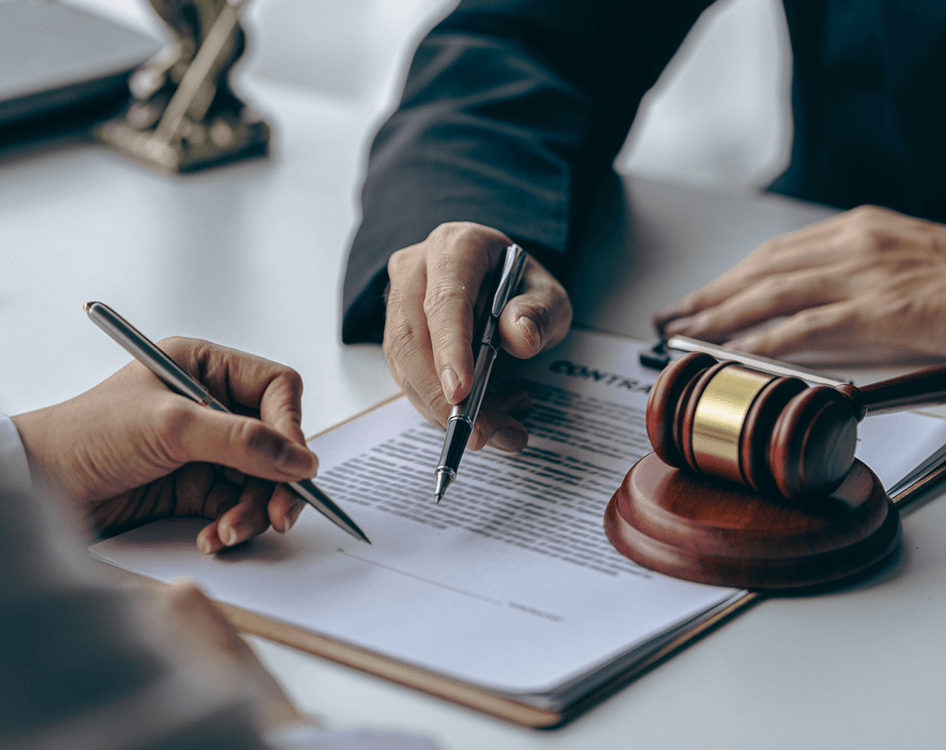
Myrtle Beach Fraud Defense Attorney
Comprehensive Defense Against Fraud Charges in South Carolina
Non-violent fraud crimes can carry significant prison sentences, fines, restitution and a criminal record if convicted. Fraud crimes are prosecuted both in the State and Federal Courts, and often the seriousness of the offense is tied to the conduct and amount of loss involved.
At T. Kirk Truslow, P.A., the Myrtle Beach fraud defense attorney provides proven representation for all types of fraud charges. To learn more, request a free consultation with the firm by submitting an online contact form or dialing (843) 212-1116.
What Is Considered Fraud in South Carolina?
Fraud is generally defined as the intentional deception or misrepresentation made for personal gain or to damage another individual. In South Carolina, fraud encompasses a wide range of activities that can be prosecuted under state law. Each type involves specific actions intended to mislead victims and unlawfully benefit the perpetrator. For instance, credit card fraud may involve using someone else's card without permission, while insurance fraud could occur when someone files false claims to receive improper payments. Fraudulent activities are taken very seriously, and anyone accused of such offenses should seek experienced legal counsel to navigate the complexities of the legal system.
Types of Fraud Crimes
Mail Fraud
Mail fraud is any crime in which the accused uses the mail system to defraud other people of money or property. Punishments vary based on the severity of the crime, but the largest fines and prison sentences could be up to $1 million and 30 years.
The attorney has dedicated 30 years of his career to representing the criminally accused, during which time he has established himself as a trusted, proven defense lawyer for the people. There are a variety of different subcategories of mail fraud case types, including:
- Impersonation: In impersonation fraud cases, the accused sends an individual a document requesting personal information, with the intent of using that information to steal money.
- Misrepresentation of merchandise: This type of fraud involves an individual paying for, but never receiving, an item, or receiving a package that he or she did not order and then being pressured to pay for the item. This particular type of fraud has become more common with the increase in online shopping.
- Promotional coupons or checks: A company might send a check that offers services free of charge or discounts, but the fine print reads that the person is subject to fees for services. Often, people do not see this fine print, and end up losing large amounts of money.
- Fake charities: This type of fraud exists to take advantage of an individual’s charitable nature, using the guise of a charitable organization to steal money.
Healthcare Fraud
Healthcare fraud offenses involve numerous subtypes of healthcare fraud. The areas of healthcare fraud include:
- Billing for services not rendered: Billing Medicare or an insurance company for injuries, illnesses or other medical conditions that never existed is a common form of healthcare fraud. Forgeries and bribes may occur in these cases as well.
- Duplicate claims: In a duplicate claims case, the offender is alleged to have billed Medicare or the insurance company twice or more for the same service by filing two or more versions of the same invoice.
- Unbundling: Very often, invoices for medical services are bundled together to avoid hefty costs. “Unbundling” these billings, however, or staggering billing submissions over time, results in a higher payout, which results in healthcare fraud.
- Unnecessary or excessive service: Unnecessary claims occur when patients file claims that do not apply to their condition, while excessive service claims occur when a person files a greater claim than what is needed for his or her level of care.
- Kickbacks: Any type of reward or gift used to convince medical professionals to use a specific type of medical service so that the patient can file a greater claim is illegal.
- Upcoding: This area of healthcare fraud refers to the process of billing for services that cost more than the actual procedures performed or medical equipment and items used.
Mortgage Fraud
Mortgage fraud typically falls into one of two categories: The offender tries to claim a property is worth more than it is, or the offender commits fraud to maintain or acquire property ownership. There are many more specific mortgage fraud types, including:
- Illegal property flips: The property is purchased, falsely appraised at a much higher value and then sold quickly for profit.
- Air loans: Mortgage loans are obtained with no underlying security, which means that lenders have no collateral.
- Foreclosure schemes: The alleged offender misleads the homeowner into believing that, for a price, the offender can save the homeowner’s property.
- Backward applications: The alleged offender / borrower inflates his or her income so that it fits the criteria of the loan.

"Kirk defended me in a recent DUI case in North Myrtle, a second offense from one in North Carolina. He was able to get reduced to a reckless driving offense!"
- Jackson